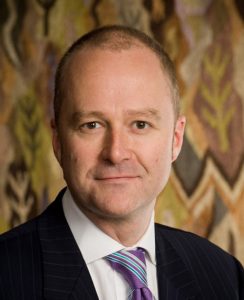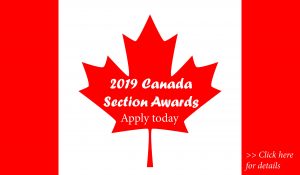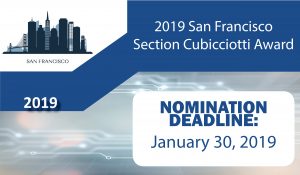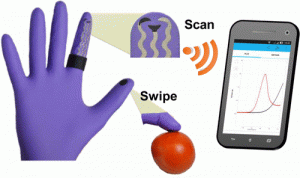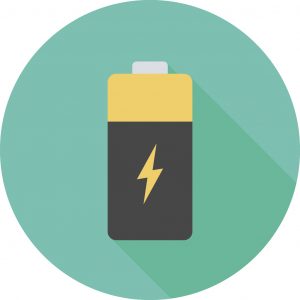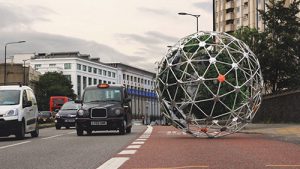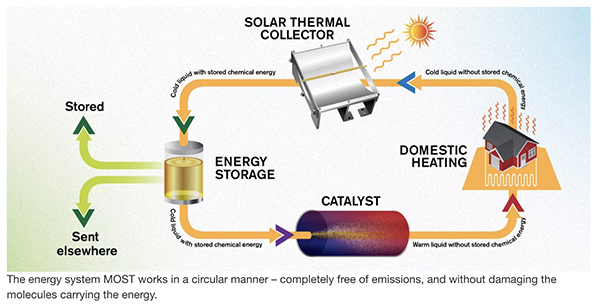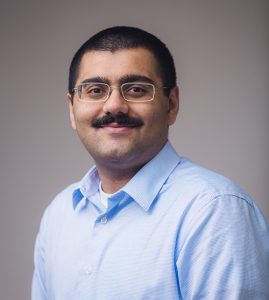With top academic publishers like Elsevier holding a 35-40% profit margin and for-profit academic publishers earning $25.2 billion a year, Jason Schmitt began to wonder about the consequences of paywalls on access to scientific research. His questions led to his October 2018 documentary film, Paywall: The Business of Scholarship, where he questioned publishing practices and the public’s limited access to information.
According to IMDb, while filming, Schmitt says he was struck by the global energy and enthusiasm toward open access and the strong resistance to the movement by many of the world’s top publishers. “Further, I found that the funds paid to academic publishers are heavily burdening the higher education market, contributing to the rising tuition fees at all universities, the closure of many institutions and, ultimately, limiting science and progress.” (more…)


